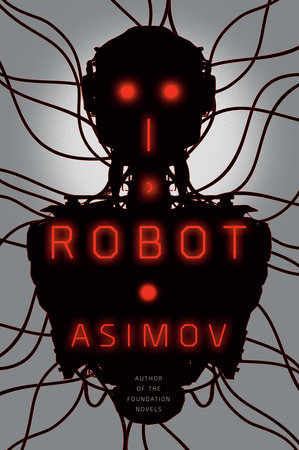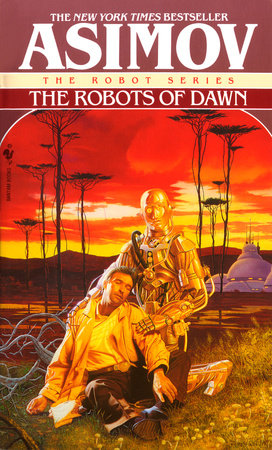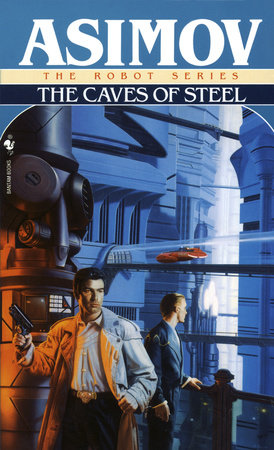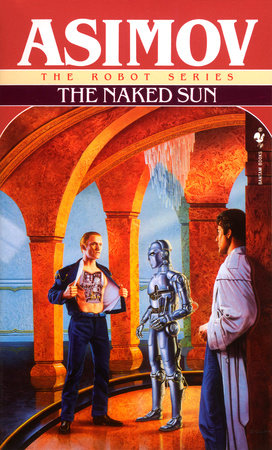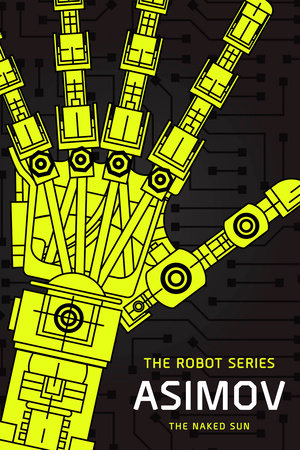
The Naked Sun
The Robot Series
Isaac Asimov
Paperback
November 18, 2025 | ISBN 9798217093465
AmazonBarnes & NobleBooks A MillionBookshop.orgHudson BooksellersPowell'sTargetWalmart
Audiobook Download
July 15, 2014 | ISBN 9780804191227
Ebook
April 13, 2011 | ISBN 9780307792402
AmazonApple BooksBarnes & NobleBooks A MillionGoogle Play StoreKobo
Mass Market Paperback
November 1, 1991 | ISBN 9780553293395
AmazonBarnes & NobleBooks A MillionBookshop.orgHudson BooksellersPowell'sTargetWalmart
About the Book
“With his fertile imagination, his wit, and his prolific output, Isaac Asimov truly laid the foundation for all future generations of science fiction writers.”—Kevin J. Anderson, New York Times bestselling co-author of the Dune prequel series
On the beautiful Outer World planet of Solaria, a handful of human colonists lead a hermit-like existence, their every need attended to by their faithful robot servants. To this strange and provocative planet comes Detective Elijah Baley, sent from the streets of New York with his positronic partner, the robot R. Daneel Olivaw, to solve an incredible murder that has rocked Solaria to its foundations. The victim had been so reclusive that he appeared to his associates only through holographic projection. Yet someone had gotten close enough to bludgeon him to death while robots looked on.
Now Baley and Olivaw are faced with two clear impossibilities: Either the Solarian was killed by one of his robots—unthinkable under the laws of Robotics—or he was killed by the woman who loved him so much that she never came into his presence!
Isaac Asimov’s Robot series chronicles the sometimes uneasy partnership between human and humanoid:
I, ROBOT • THE CAVES OF STEEL • THE NAKED SUN • THE ROBOTS OF DAWN


